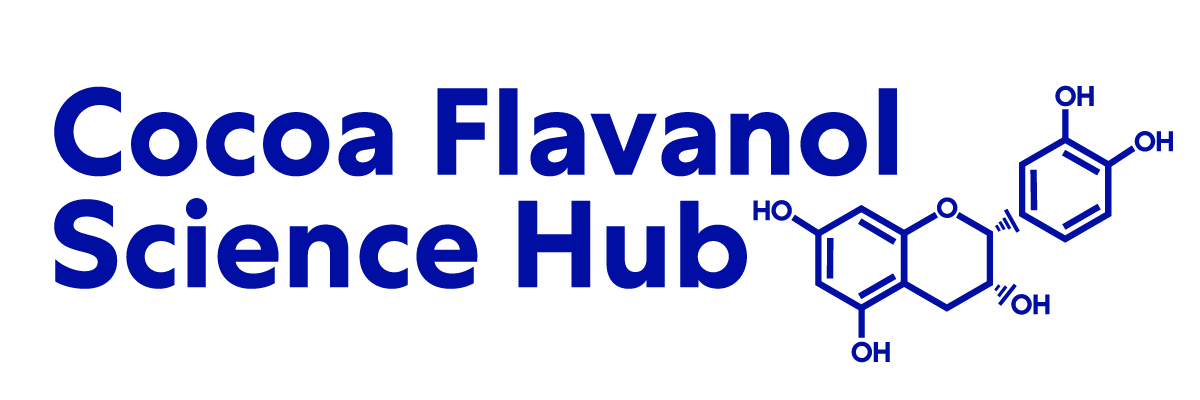Selective cytotoxicity of synthesized procyanidin 3-O-galloylepicatechin-4b, 8-3-O-galloylcatechin to human cancer cells.
Cocoa-derived flavanols and procyanidins have been previously reported to exhibit anti-oxidant and anti-tumor properties. In this study, we have investigated the cellular growth inhibitory effect of chemically-synthesized procyanidin [3-O-galloyl]-(-)-epicatechin-(4beta,8)-(+)-catechin-3-O-gallate (GECGC) on a variety of human cancer cell lines. Among 16 human cancer cell lines tested, GECGC selectively inhibited proliferation of a subset of human cancer cell lines, especially those of short doubling time. In contrast, all 6 normal cell lines tested including human mammary epithelial cells and skin fibroblast were resistant to GECGC's cytotoxicity. Cell cycle analysis and apoptosis assay showed that GECGC increased sub-G(1) population and increased the population of propidium iodide and Annexin V staining cells in GECGC-sensitive cell lines, suggesting that cell growth inhibition by GECGC may be mediated through both apoptotic and non-apoptotic mechanisms. Further characterization of GECGC cytotoxicity on 30 genetically modified cell lines with overexpression or depletion of key proteins involved in cell cycle regulation and signal transduction pathways suggested that GECGC-mediated cell death involves IKKalpha and IKKgamma. Collectively, our observations indicate that synthesized GECGC has selective anti-proliferative effect on human cancer cells and warrant further evaluation as a preventive and chemotherapeutic reagent to human malignancies.
See the Full Study > (opens in a new tab)









